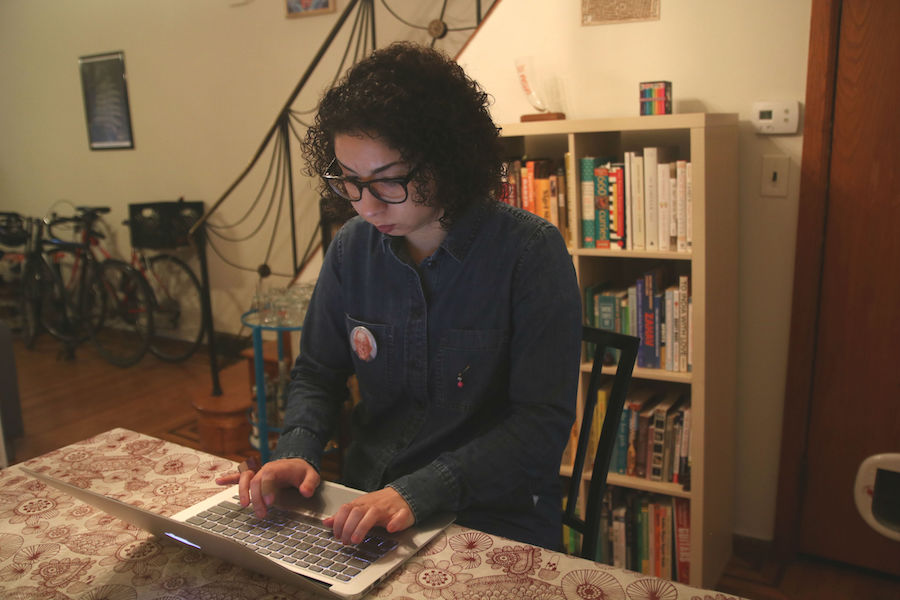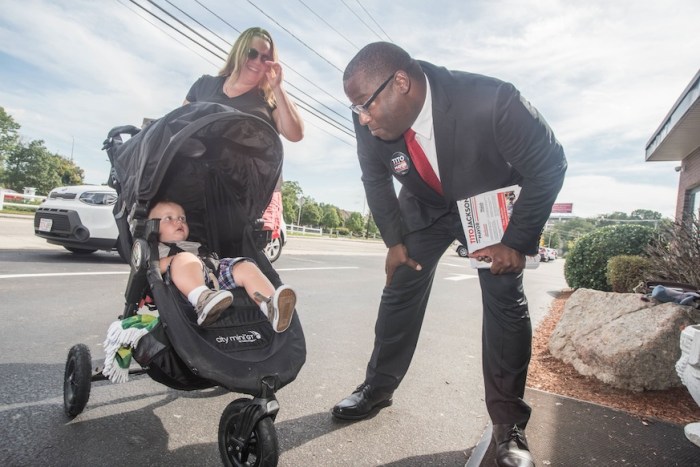When the workplace conversation turns to politics, many employees turn away, uncomfortable with engaging in a possible confrontation that has nothing to do with their job.
After the presidential election, Alisha Miranda felt extremely uncomfortable at work. She had assumed that most of her co-workers at media company Technical.ly in Philadelphia shared her political views, but then she began to have doubts.
So she started a channel in the chat platform Slack to connect with her co-workers. She found that other people were just as uncomfortable about the outcome of the election as she was.
“It was palpable in the air that people weren’t happy,” Miranda said. “Through conversation, people started opening up about how uncomfortable they were, and that the [company’s] leadership wasn’t saying anything. Before that, we had never really talked to each other about this.”
More than one of every three people who responded to a recent survey of 5,000 American workers said they felt uncomfortable talking politics with their co-workers, reported Peakon, a company that gathers and analyzes employee feedback.
Democrats are the most at ease discussing politics, while women who support President Trump are the group least comfortable, according to the survey.
“It’s very uncomfortable,” said Pete Smith, a manager at a company that makes custom uniforms. “We have brief conversations, but definitely avoid debating. I think Republicans are trying to lay low and let things work out.”
Like many people, Smith is more vocal about politics on social media than he is professionally. He created a Facebook page to try to unite people in his neighborhood.
Deborah Saldaña, a personal trainer and freelance interpreter, also tries to find outlets for her political views outside of work.
“I don’t think people are comfortably numb but I have to keep a tight lid on it,” she said. “Even when I sympathize, I can’t get too involved.”
Sometimes talking about politics isn’t a matter of preference, but of necessity. This can be especially true for people working in healthcare.
“We have to talk about the future of the Affordable Care Act,” said Stacey Carmody, a clinical research coordinator at a Philadelphia hospital. “Whether people like it or not, politics does intersect with what we do.”



















